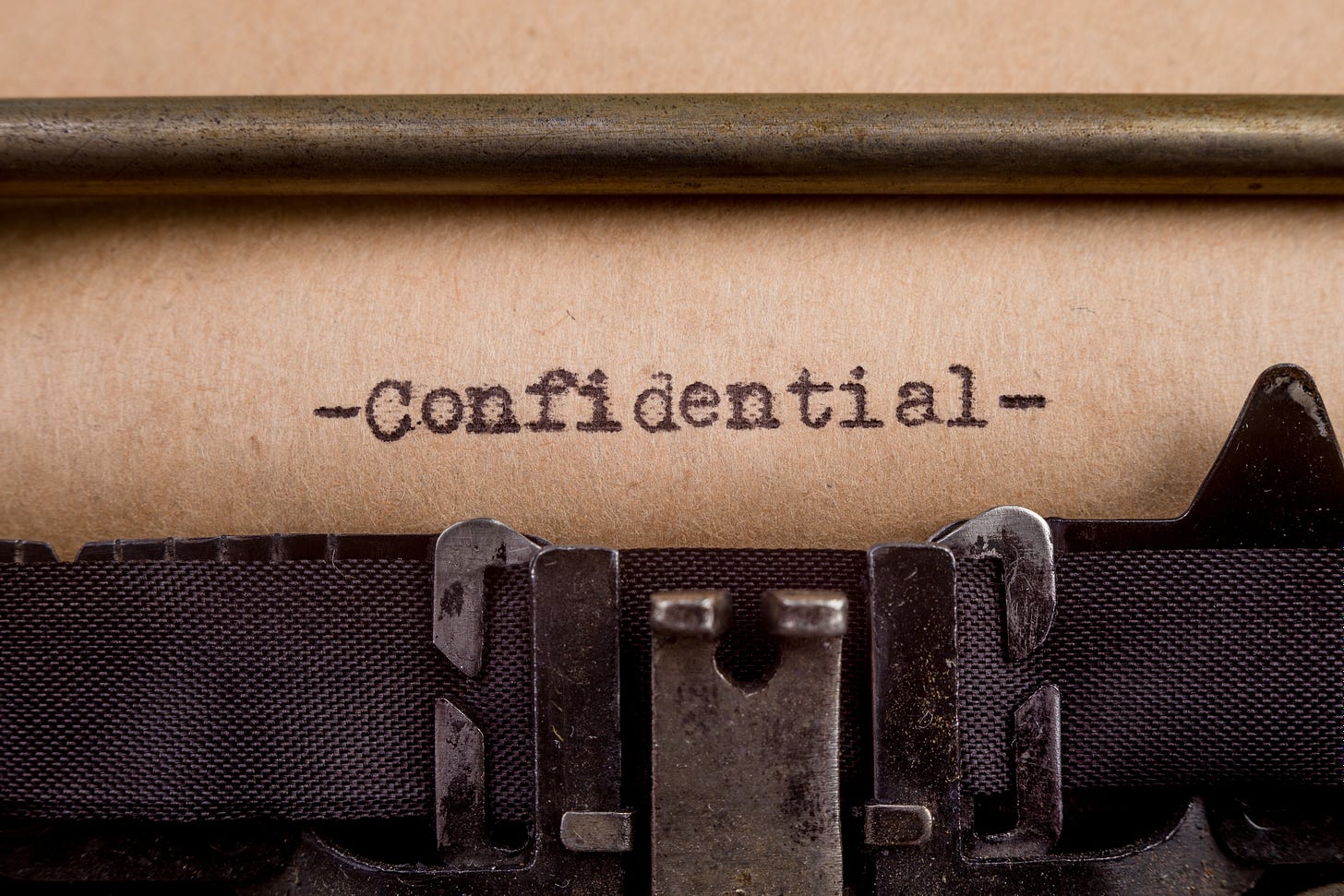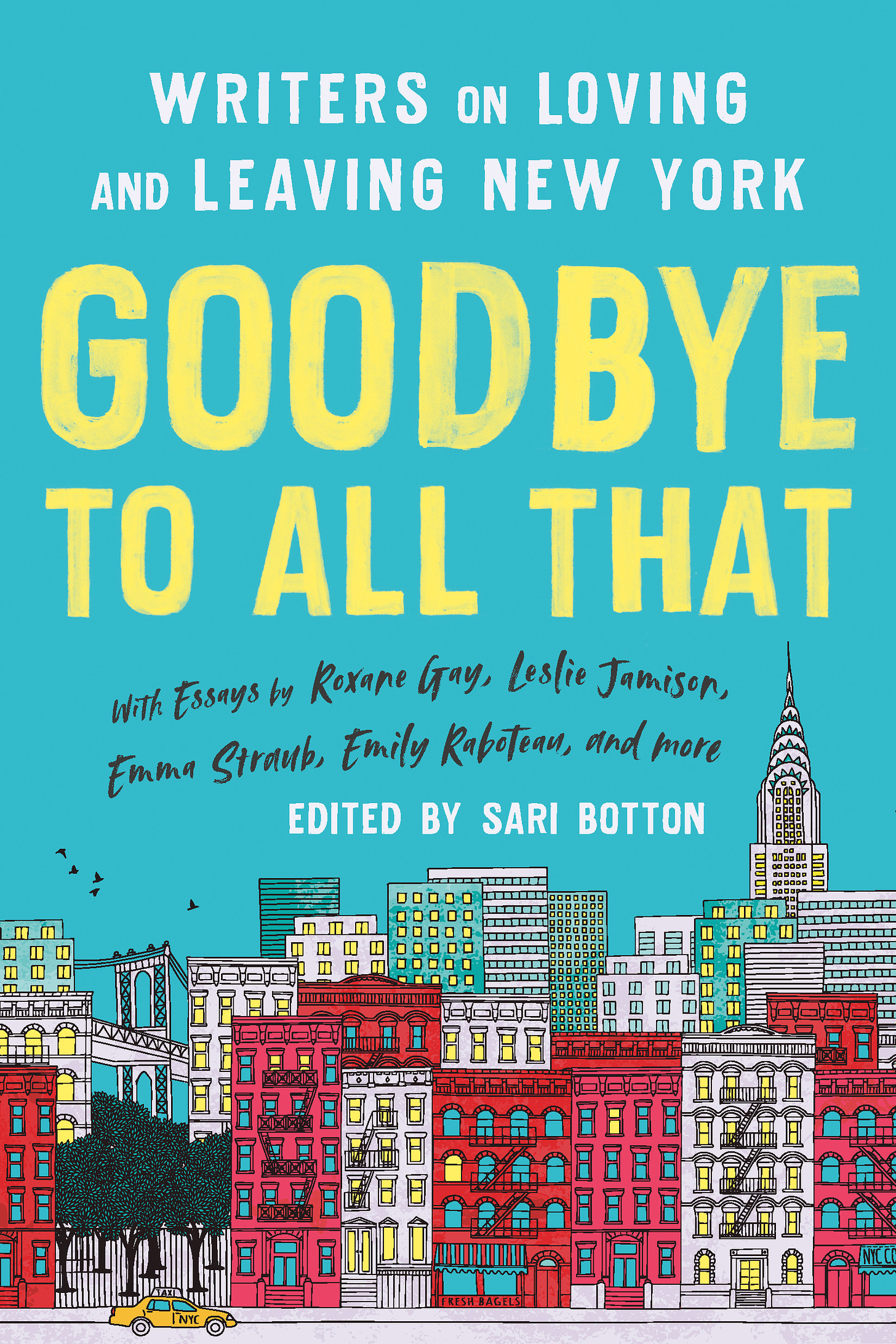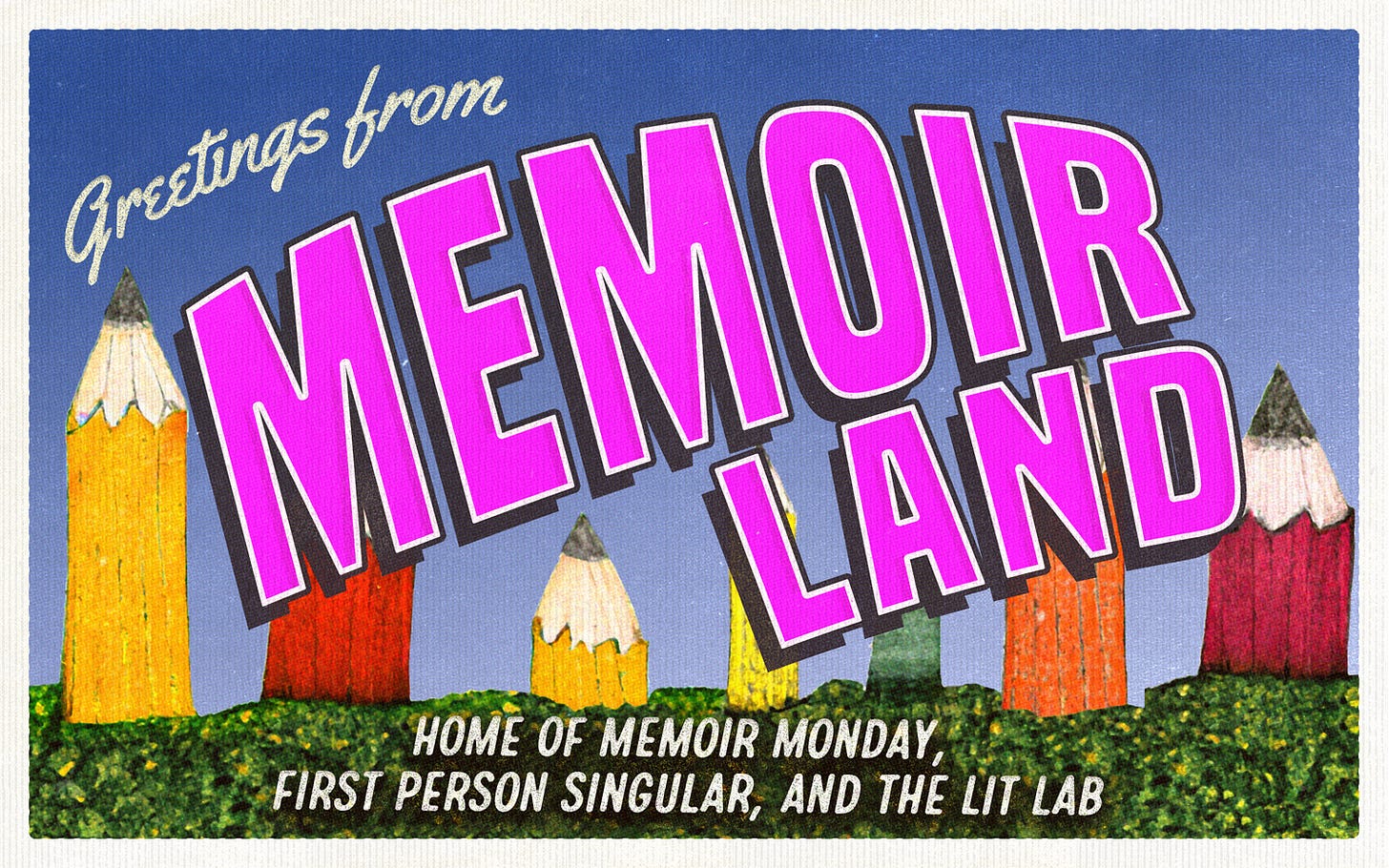Last week for the first time I had a personal essay published under a pseudonym. (I’m not going to tell you what I wrote about or where, because that would defeat the point of distancing my name from the material.)
Writing pseudonymously is something I’d considered for a long time—for many years before the day in 2018 when I finally created my pen name during a personal essay workshop I was leading at Catapult.
We’d just finished the part of the workshop where we talk about how to navigate writing—or, more to the point, publishing—material that might either upset people in your life, or implicate them, or both. It’s a complicated aspect of memoir and personal essay writing on which I’ve been laser-focused for decades. It was the primary challenge holding me back from writing and publishing more of my own story, and so I became publicly and privately engaged in a full-on quest, seeking a way to write about others that seemed ethical, or, put more cynically, led to fewer consequences for the writer (and everyone else involved).
During a 20-minute free-writing session that followed the discussion, as the class generated new material from a prompt, I went to work giving my alter ego digital life, furnishing it with both Gmail and Twitter accounts. I found myself energized by this endeavor, and imagined publishing under that name all the thorny stories I felt I’d been under a gag order to suppress.
One of the workshop participants was a writer who’d used a pseudonym on an essay I’d published at Longreads. In the session I asked them to talk a little about that choice, and mostly they said it gave them a freedom of expression that was otherwise off-limits to them in their life. It was so advantageous that this writer now goes professionally by that pseudonym.
Writing pseudonymously is something I’d considered for a long time—for many years before the day in 2018 when I finally created my pen name during a personal essay workshop I was leading at Catapult.
I was deeply compelled by what this writer had to say, and later invited them and two others I knew who wrote under pseudonyms to talk with me on a special edition of The Longreads Podcast, an episode which in the wake of my departure was taken down by the owner. (Sadly, all the episodes of that podcast have been discarded.)
It was a great conversation, providing our listeners and me with much to consider about the freedom an alias can afford a writer—including tradeoffs that ultimately made it less appealing to me. For instance, if you write a memoir, or any kind of book, under a pseudonym, how do you tour to promote it? What if the mystery of your identity leads to your getting doxxed like Elena Ferrante ultimately did?
And if, like me, you’ve been laboring for decades to build a platform under your name, do you suddenly put all your energy into building a new platform for a name no one has ever heard of, possibly bypassing your entire existing audience? (On the flip side, might my own byline have too much baggage attached to it? Might I do well to build a new career as not-me?)
Another concern for me was losing out on the satisfaction of publicly owning my experience, specifically an unfortunate experience that another person wanted me to keep silent about. On the rare occasions I’ve done that—published essays where I’ve fully acknowledged mistreatment I’ve endured—I’ve felt a powerful mix of liberation and terror.
The liberation was validating and intoxicating, and I wanted more of it. The terror kept me from doing this more often. The terror made me soften and blur so much of what wound up staying in my memoir—something two other women memoirists recently admitted to me that they’d done, too, for their safety and other practical reasons, but which pissed them off in hindsight. The terror gave birth to my pseudonym, and to my finally using it for publication last week.
The essay I published pseudonymously had almost made it into my memoir. Almost. A few years ago it also almost made it in to a glossy magazine under my real byline, in a package about other people’s secrets we’ve been burdened with carrying. I’d originally written the essay for that package. I was going to be in the company of some illustrious writers there. It was of course exciting knowing that my byline would be mingled with theirs. That excitement didn’t mitigate my fear and dread, though.
The piece got nicely edited, and accepted. It was all becoming real, and I was a wreck. The month it was supposed to appear, when I was in the city for work, I ran to Hudson News in Port Authority Terminal to search for it in the magazine’s pages. Nothing. I emailed my editor, who assured me, “Next month.” But the next month came, and it still wasn’t there. This happened again and again. My terror escalated each month the magazine postponed publication.
I found myself surprisingly relieved when, after a year, they pulled the plug on the entire package of essays. Their legal department was afraid of defamation and invasion of privacy lawsuits.
The essay I published pseudonymously had almost made it into my memoir. Almost. A few years ago it also almost made it in to a glossy magazine under my real byline, in a package about other people’s secrets we’ve been burdened with carrying.
Despite my relief, that essay still gnawed at me. So when an opportunity arose to publish it under a pseudonym, I figured it was worth trying. I like the publication and the editor. Why not?
I’d like to tell you that the experience was satisfying, that I felt unburdened, and heard, and as if I could now move on from the story. But, no, unfortunately it was anti-climactic. The damn thing still gnaws at me. Maybe some day, under certain different conditions, it will be safe for me to reprint that piece and other difficult ones under my own byline. At the moment I can’t, a reality that makes me feel that same relief I felt when the magazine package got killed, but also powerlessness and tremendous rage. I’m so sick of living in a culture in which speaking out about times I was violated physically and/or emotionally only threatens to further endanger me. And I’m sick of feeling empathetic and protective toward people who haven’t extended the same kindness and concern toward me.
***
Last weekend I attended the first of two virtual sessions of Alexander Chee’s excellent craft seminar, What I Learned About the Essay While Editing Best American Essays, via The Shipman Agency. Toward the end he threw out a writing prompt that hit a nerve. (I’m not going to tell you what the prompt was. I don’t feel it’s mine to share; it belongs to Alexander. I ask my students not to share the prompts I provide during a course of mine for which they’ve paid, and from which I earn part of my living.)
In just five words, the prompt cut right through me to another story that’s dangerous to tell. In rapid succession I shifted from excitement to terror to anger—anger about what happened, but also about how the story it prompted brings up the same old conundrum with regard to publishing.
I thought about “What Ever Happened to ______?” an essay I published on Longreads by an author who needed to remain anonymous for her safety—an essay that went viral, and prompted many people to reach out to me to ask how they might offer that writer support, both financial and emotional, but which would have been impossible without revealing her identity and putting her in harm’s way.
Alexander’s prompt elicited in me a surprising response: after the seminar session ended, for the first time in months, I ran upstairs to work out on my shitty Sharper Image cardio apparatus—a recumbent bike, a glider, and an elliptical device that’s pedals only. I needed to move the rage out of my body stat. For an hour I blasted music and sang along at the top of my lungs and sweated and cried. I’d been too depressed to exercise for most of this past winter, and now I couldn’t stop myself.
I thought about that pop-psych adage from the ‘70s that depression is actually repressed anger. It made perfect sense to me. And it made me angrier.
In other news…
Mark your calendars for Weds., May 17th at 7pm when Ken Foster and I will host a special edition of his Nightcap Reading Series at Mama Roux in Newburgh to celebrate the 10-year anniversary of the publication of Goodbye to All That. Lucy Sante, Lori Stone, Vanessa Mártir, and I will read.
I sincerely hate being my own book publicist, but I’m all I’ve got, and I’m thisclose to earning out my paltry advance so here goes: My publisher recently made the ebook of my memoir available on multiple platforms. You can now find it on Kindle, Kobo, Nook, Apple Books, Booktopia, and other sites. Bonus: the ebook costs less, and I make more from it. Also, my handful of crayon drawings inside are in color in the ebook. (They’re black and white in the print edition.)
Yesterday I changed the name of the Memoir Monday newsletter to “Memoir Land.” It now has three verticals: the weekly Memoir Monday curation; First Person Singular for original personal essays; and The Lit Lab, for interviews and craft essays. The multiply talented Julie Novak designed the new logo:








This was perfectly timed, Sari. I have a couple of things I want to write about but I'm either scared or uncomfortable because of the way in which they implicate other people I once was close to. I've been debating fictionalizing these stories, but this is another option. Thank you for your wisdom, as always.
This was so helpful. Thank you for the freedom to think outside of my name. The option of having a Mary Poppins umbrella to transport me out of Troll Land is exhilarating. To be continued.